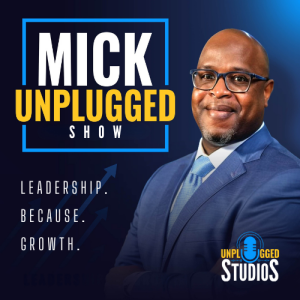

This episode examines Stoicism as a practical and powerful roadmap for effective leadership, particularly in navigating pressure and chaos. It begins by dismantling the common misconception of a Stoic as a passive, emotionless figure, arguing instead that Stoicism is a philosophy of active, virtuous engagement with the world. The life of Seneca—a playwright, statesman, and advisor to Emperor Nero—is used as a prime example of a Stoic deeply involved in the complexities of power and responsibility.
The discussion highlights the concept of "social duty," explaining that for a Stoic leader, this means an unwavering commitment to the common good, even if it requires dealing with difficult or malicious people. A crucial distinction is made between this public duty and personal relationships, where Stoics advised being highly selective to protect one's own character. The core of Stoic leadership is not about personal comfort but about a relentless focus on principled action and contributing to the well-being of the whole. This demands cultivating an inner calm, not by suppressing emotions, but by understanding and managing the judgments that cause them.
A central theme is transforming adversity into an advantage, encapsulated in the idea that "the obstacle is the way". Challenges are not seen as mere roadblocks but as essential training for developing character, resilience, and wisdom. This proactive reframing allows a leader to maintain their inner equilibrium and respond constructively rather than reactively. Ultimately, Stoic leadership is defined by this internal fortitude, humble ambition, and a consistent dedication to purposeful, virtuous action.
More Episodes
All Episodes>>Create Your Podcast In Minutes
- Full-featured podcast site
- Unlimited storage and bandwidth
- Comprehensive podcast stats
- Distribute to Apple Podcasts, Spotify, and more
- Make money with your podcast












